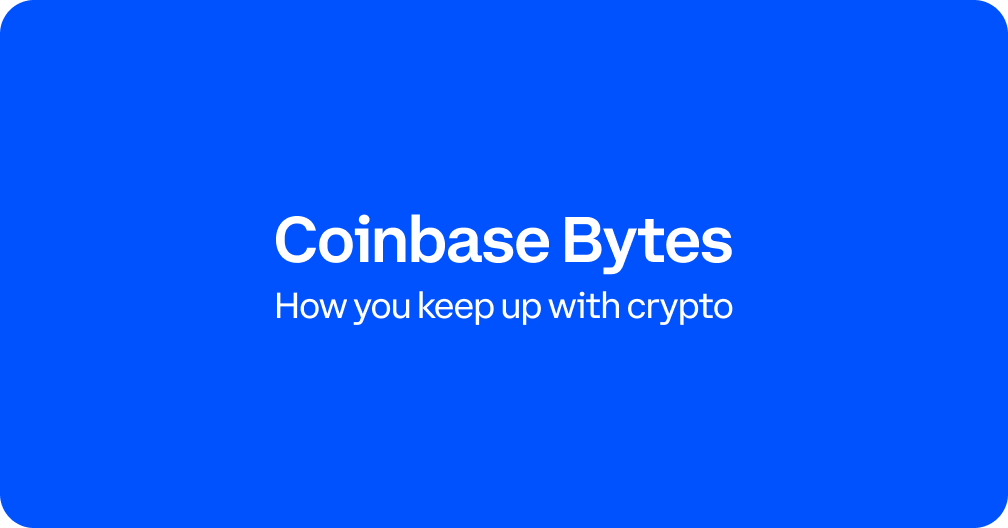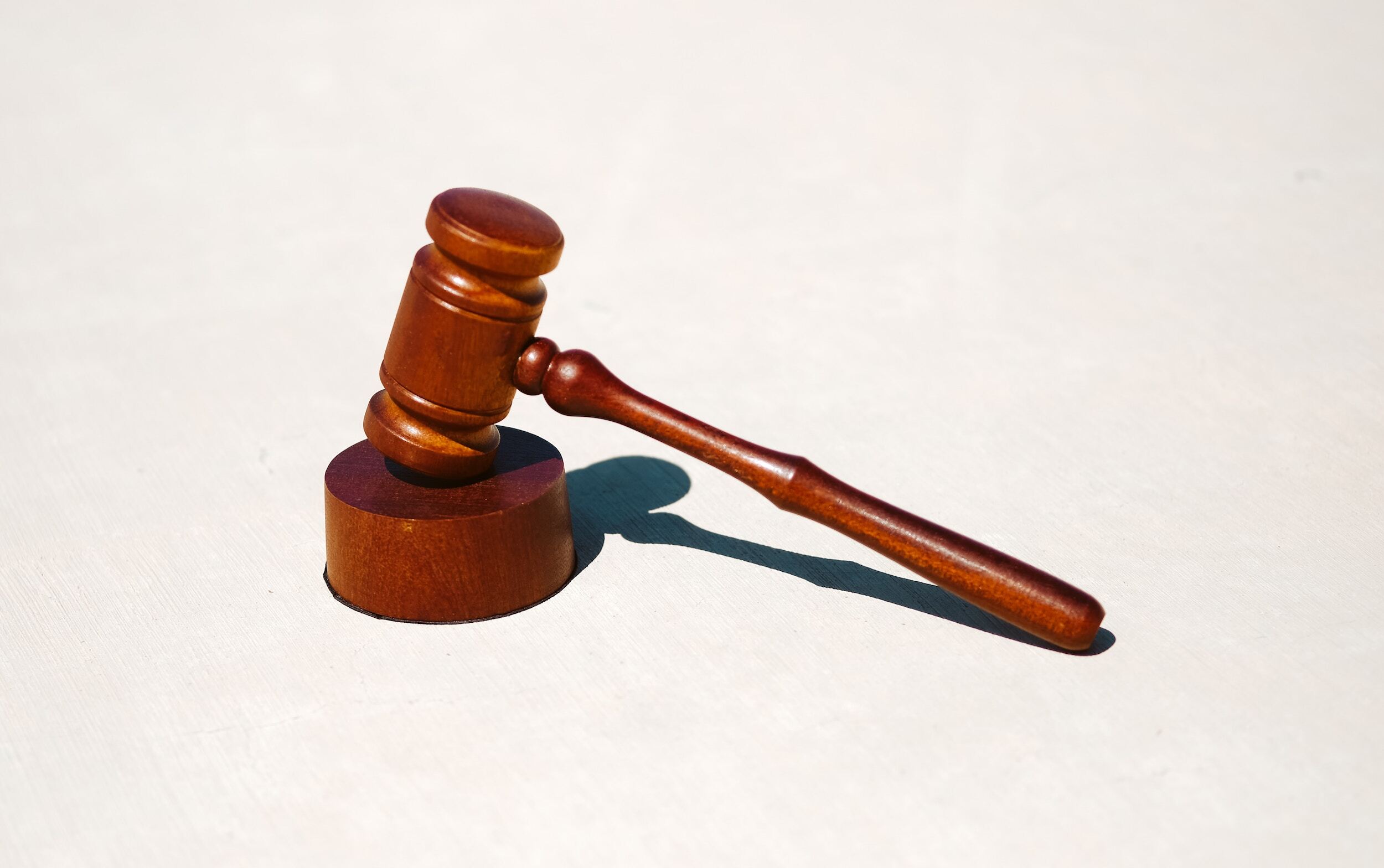Who is leading global crypto adoption?

India is among the key countries leading the world in crypto adoption, according to a new annual report. [Naveed Ahmed via Unsplash]
There’s never a dull moment on the blockchain. Here’s what you need to know this week:
Where is crypto growing the fastest? A closer look at crypto-adoption hotspots from Asia to Africa.
Major institutions are experimenting with “tokenization.” We’re breaking down what tokenization is and why global firms see so much potential.
This week in numbers. MicroStrategy’s latest BTC buy, a16z’s new crypto bets, and more.
PLANET CRYPTO
As the U.S. falls behind on crypto regulation, regions from Asia to Europe are becoming key hubs
While crypto markets have been uncharacteristically quiet this year — with bitcoin volatility touching historic lows — crypto adoption around the world has continued to ramp up in ways that go way beyond just buying and selling tokens. Powered by various combinations of institutional adoption, runaway inflation, popular peer-to-peer protocols, and business-friendly environments, new crypto hubs — and use-cases — have been emerging all over the world.
Here’s a quick tour of some of crypto’s global hot spots:
Asia is quickly becoming the most important region in the world for crypto adoption.
The biggest and most populous continent in the world also sees the most crypto activity. According to a new excerpt from Chainanalysis’s 2023 Global Crypto Adoption Index (the full report will be out in October), six of the ten countries leading in grassroots crypto adoption are in Asia: India, Vietnam, the Philippines, Indonesia, Pakistan, and Thailand.
India, which tops the list, is the second-largest crypto market in the world by “raw estimated transaction volume,” and is in the top five in when it comes to using lending protocols and smart contracts. In Thailand, where an estimated 12% of the population own crypto, the government just announced an airdrop worth around $280 to citizens using blockchain technology and digital wallets. And in South Korea, which has among the most comprehensive crypto regulations globally, blockchain gaming is emerging as a major industry.
Europe is eclipsing the U.S. in crypto regulation, and drawing investors because of it.
As Europe prepares for next year’s implementation of the landmark Markets in Crypto-Assets Regulation (MiCA) legislation, a new report finds that investors increasingly believe Europe is a more crypto-friendly market than the U.S. According to CoinShares, regulatory differences have resulted in divergent investor behavior: Just last week investors pulled around $14 million out of U.S. crypto investment products at the same time that European crypto products saw around $16 million of inflows.
The growing regulatory framework in Europe has also led to last month’s launch of the region’s first “spot” bitcoin exchange-traded fund (ETF) in Amsterdam. Meanwhile, at least ten major U.S.-based firms including BlackRock are still waiting for the SEC to weigh in on their applications for similar products.
Crypto industry leaders have also repeatedly expressed a desire to expand into Europe due to the regulatory structure. “The European market demand that we’re seeing, combined with the regulatory framework established by MiCA, is robust,” said Leon Marshall, the new head of Galaxy Digital’s Europe division. “That makes Europe a desirable destination for crypto firms to build and grow.”
Crypto adoption is especially crucial in Sub-Saharan Africa.
While sub-Saharan Africa is the world’s smallest crypto economy by transaction volume, it’s a region where residents are especially reliant on crypto for everyday activities. With many countries battling rising inflation and weakening currencies, bitcoin has become an economic lifeline. Nearly 10% of the region’s crypto transactions are in bitcoin, the highest rate in the world — and residents are also increasingly using stablecoins.
In Nigeria, where the government has tried to crack down on crypto repeatedly, crypto transaction volume increased 9% to $56.7 billion between July 2022 and June 2023, making it one of just six countries in the top 50 to see a rise in usage. Uganda also saw significant growth, with transaction volume rising 245% to $1.6 billion.
The bottom line…
Crypto is famously borderless, but the individuals and companies that power the industry have to be based somewhere — and the regions and nations that have clearly defined the rules of the road are in better positions to attract the crypto industry. With 83% (and counting) of major financial hubs already moving toward regulatory clarity for crypto, U.S. policymakers have some major catching up to do if they want America to host, and benefit from, the next wave of crypto innovation.
VIRTUAL REALTY
The multi trillion-dollar opportunity global firms see in “tokenizing” real-world assets
In the last few years, new crypto-powered technologies have enabled everything from automatic royalty payments and fractional ownership to 24-hour peer-to-peer markets and much more. Now, many in crypto and on Wall Street see the tokenization of real-world assets — where ownership of things like real estate, art, stocks, or many other asset classes can be represented as a token on a blockchain — as a multi-trillion dollar opportunity. According to a recent CoinDesk report, a thesis has emerged that “the tokenization of real world assets (RWA) will form the backbone of the next bull run and unlock the transfer of trillions of dollars of value into crypto.”
Here’s what you need to know:
Tokenizing real-world assets is conceptually similar to stablecoins (digital currencies pegged to stable assets like a dollar), but expanded to include a much wider range of asset classes. An investor with limited capital could purchase a tiny fractional share of an office building, for instance, or a blue-chip artwork. As a new report from the Federal Reserve notes, “Among the benefits of tokenization, lowering barriers to entry into otherwise inaccessible markets and improving the liquidity of such markets are the most prominent.”
Last week, Citi announced a program that allows institutional clients to convert their deposits into digital tokens that can be sent anywhere in the world with the near-instant transfer settlements of a blockchain. And earlier this month, Deutsche Bank announced that it would be tokenizing traditional financial securities. “We expect to see more traditional assets and cash payments eventually come on-chain,” said the bank’s crypto chief. “Positioning ourselves for the future is our primary focus and we are working on a select number of projects to develop our capabilities.”
Tokenized real estate allows for faster and cheaper transactions for a typically illiquid and paperwork-heavy asset class — and allows for fractional ownership (whether the underlying asset is a specific building, real-estate development, or a real-estate fund). In one recent example, a Hong Kong crypto company called Tykhe Capital recently announced it was seeking regulatory approval for a token called Prince, which would sell tokenized shares of a Hong Kong real-estate fund.
A new international test shows it’s possible to send tokenized assets across multiple blockchains. In late August, the global interbank messaging system Swift and dozens of major banks completed a successful experiment using Chainlink’s new Cross-Chain Interoperability Protocol to move tokenized assets across a variety of public and private blockchains.
Last year, a consortium including JP Morgan successfully experimented with creating tokenized Singapore dollars and Japanese yen. The assets were then used to trade against liquidity pools of tokenized government bonds. The tests were a big deal because they used a combination of private bank blockchains and public protocols including the Aave DeFi protocol and the Polygon blockchain, demonstrating Wall Street’s growing interest in interacting with open web3 technology. Aave Companies CEO, Stani Kulechov, called the blockchain trade “a monumental step forward for DeFi.”
The bottom line… BlackRock CEO Larry Fink has said that the tokenization of securities is “the next generation for markets,” and according to a BNY Mellon survey, 97% of surveyed institutional investors “agree that tokenization will revolutionize asset management.” The opportunity that experts see in bringing real-world assets online is vast. As a Bernstein analyst put it earlier this summer, “Tokenization, we believe, will transform financial markets over the next decade. We forecast ~$5 trillion of real-world financial assets will be tokenized on blockchains over the next 5 years.”
NUMBERS TO KNOW
$135.8 million
Total funding that crypto startups raised last week amid an uptick of venture capital investments, led primarily by VC giant (and Coinbase backer) Andreessen Horowitz (a16z). Among last week’s moves were a16z’s $33 million fundraise for web3 gaming studio Proof of Play and $25 million seed investment in web3 infrastructure startup Bastion. Mesh, a “financial operating system” that bridges traditional and traditional assets, also raised $22 million.
5,445
Number of bitcoins (worth roughly $150 million) that MicroStrategy purchased in August and September per a new SEC filing. The business intelligence company, founded by longtime BTC booster Michael Saylor, is the largest corporate holder of bitcoin with a total of 158,245 BTC (about $4.1 billion).
11
Number of blockchains — including Polkadot, Optimism, and Avalanche — that Google Cloud has added to its public analytics database BigQuery. “We’re doing this because blockchain foundations, web3 analytics firms, partners, developers, and customers tell us they want a more comprehensive view across the crypto landscape,” Google said in an announcement.
2
Estimated number of years it will take to test a digital euro, according to European Central Bank (ECB) President Christine Lagarde. The ECB will decide whether to move ahead with their central-bank digital currency pilot project in late October after weighing concerns from European Union members.
TOKEN TRIVIA
What is Uniswap?
A
A centralized exchange
B
A decentralized exchange
C
A decentralized autonomous organization
D
Ethereum’s next upgrade
Find the answer below.
Trivia Answer
B
A decentralized exchange











